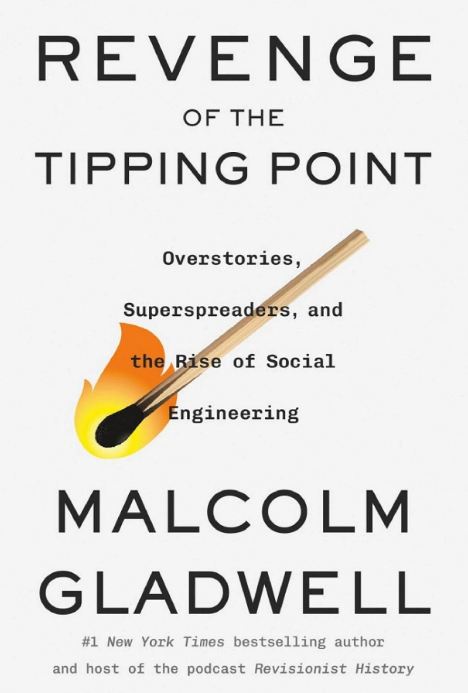It was my first of ten sessions with a psychotherapist today, and I didn't really know what it was going to be, but it ended up being as what I had guessed at, just sitting around and talking. Apparently at some point, we will define goals for what to get out of the sessions, but the therapist needs to get some background first. I told her before we met in an email that I was an interesting case for her and after today, she booked in the next nine sessions. I am not going to go into the session right now, but it did get me thinking about something I recently heard about.

A suicide epidemic.
Sounds like fun.
I heard about this on a podcast and a reference to a study on "Poplar Grove", a town where between 2000 and 2015, there were nineteen suicides at the high school. The town itself was idyllic, affluent, well funded schools, green spaces and was considered a great place to live. But, there was another side to it, where because of the skew in demographics, there was a lot of pressure on academic and sporting performance, and the culture was very homogenous.
I hadn't really thought about this in terms of suicide before, but in a homogenous high school where everyone is expected to behave in a certain way and aim for similar life goals, there aren't the cliques like there were like when I went to school. My school had nerds, jocks, skaters, stoners, musicians, dancers and subsets between. This meant that no matter what kind of person you were, or what you were into, there was a "place" for you to spend time with similar types. Even multiple places.
I was a social butterfly.
However, I know what it is like to not have a place or people from my time in primary school, and it wasn't an easy life. I made it through, but also, being young might have actually made me more resilient to it, and as it started so early, maybe my resilience developed further. But, not having a place was still hard, and I think that with all of the added pressures of the current social and digital landscape, there are added wrinkles. And then, going into high school in that environment, in a period of life where a lot of personality change happens, it might be even more pronounced for the people who don't fit in.
Suicide is a way to find a peaceful spot.
Diversity in a student population is important, but often what is considered as "diverse", are things that are arbitrary, like skin colour, religion, or economic background. For a high school kid, what is more important for inclusions, are skills and interest areas. This is even more important in what I consider is a hyper-focus on our identity, because if there is no group to connect with that is in some way similar to how we identify, we are likely to feel isolated, and that leads to a lot of mental and emotional dysfunction, like depression.
What got me thinking about this today, is that depression is incredibly common in stroke survivors, and they are at an estimated double the risk of suicide. And, as I told the therapist today, I get it. I think that one of the reasons is that even in "mild" strokes, the affects on the individual can be profound, even if subtle and unnoticeable to others. For me, I feel like a different person in so many ways. Add this to the cognitive and physical losses, and it is pretty severe.
However, I think one of the really hard things is that because the effects can be so fundamental, it means that the identity changes, and therefore, so does the group identity. Couple this with not really being able to explain what is going on to even the people closest, and that feeling of isolation can become very pronounced. Friends have faded away, and I get it, I am a different person. Even my wife doesn't understand who I am now, which is quite unfair on her. This is not the person she said yes to. Even in a group of stroke survivors, there might be more understanding of the experience, but it still affects each quite differently.
I have a lot of issues, some of them are even from the stroke. However, with the work I have been doing on habit development and how identity plays a major role in making a new habit stick, it makes me consider more deeply. We didn't do any goal setting today, but we did talk about what they could be and I have no idea. And I think that one of the reasons I have no idea, is because like a chronically depressed person (apparently I am one according to the tests), I have next to zero motivation, even if I am interested in something. The only reason I do anything at all, is because of obligation and responsibilities.
So how to set valuable and achievable goals?
I guess that will come up more in future sessions, but I am thinking now that I might have to employ peer group dynamics, and find a clique where I fit in. I don't want to hang out with other stroke patients to wallow, but maybe groups of people who are on a similar skill or interest journey as myself, and will hold me accountable.
I don't know where this all leads me or those in my life, but I guess the only option is to keep trying to find the next step and if it leads to a dead end, look for another way. Well, I guess there is another option too. The journey is quite interesting, but also extremely tiring and frustrating, and I think the journey is made harder because I don't even know what I want to move toward, because my brain doesn't process the future like it did. At the moment, I just now what my responsibilities and obligations are, and I try to meet them the best I can.
But, what if I didn't have those?
Taraz
[ Gen1: Hive ]
